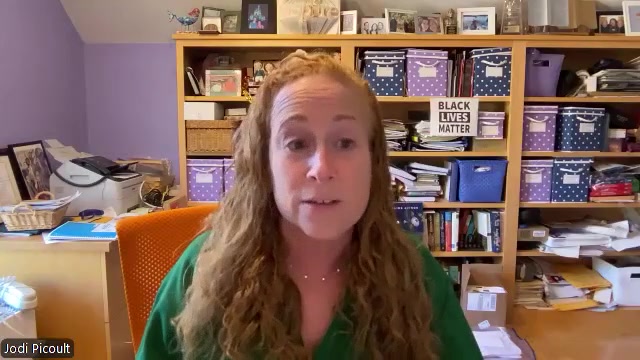URGENT UPDATE: Experts have issued a stark warning that the dual threats of climate change and conflict are escalating global health risks, as detailed in the latest issue of The BMJ. New reports confirm that these intertwined crises can create devastating impacts, leading to severe health consequences, particularly for vulnerable populations.
From 1995 to 2015, over 10 million child deaths were directly linked to conflict-related factors. Alarmingly, women of reproductive age living in high-intensity conflict zones face mortality rates three times higher than those in peaceful regions. Additionally, during the sweltering summers of 2022 and 2024, more than 60,000 heat-related deaths were recorded across 32 European countries, with women being disproportionately affected.
The implications of these findings are immediate and profound. Climate change not only contributes to loss of life but also disrupts vital health infrastructure and supply chains, severely limiting access to food and essential services. This disruption raises the risk of undernutrition and the spread of infectious diseases, creating a cascading effect on global health.
Experts emphasize that urgent climate action—both mitigation and adaptation—is crucial to combat these health risks. However, armed conflicts often derail these efforts, diverting critical resources away from climate priorities. Following Russia’s invasion of Ukraine, for instance, mitigation investments in Ukraine were drastically cut as funds were reallocated to war efforts and reconstruction.
Moreover, military operations themselves are a significant, often overlooked source of greenhouse gas emissions, contributing an estimated 5.5% of the global total, with the United States being the largest emitter. The ramifications of this reality are substantial, necessitating immediate recognition from decision-makers at all levels.
In a powerful statement, experts write,
“To promote sustainable development and peace in a changing climate, decision makers—from local to international—must recognize the interplay between climate, health, and conflict and commit to scaling up climate action, including in fragile and conflict-affected states.”
A promising tool in this fight is the Climate Conflict Vulnerability Index, which identifies regions where climate hazards and conflict intersect with social vulnerabilities, including health. This innovative approach could enhance decision-making and resource allocation.
The experts conclude that only by integrating climate action with conflict prevention and peacebuilding can we disrupt the vicious cycle of escalating climate impacts and deteriorating health. Strengthening health systems must be a central focus of these initiatives.
As the world grapples with these urgent challenges, it is imperative for individuals and organizations to advocate for comprehensive solutions that address both climate change and conflict to foster a healthier and more sustainable future.
For further insights, refer to the full report in The BMJ: Tackling the complex links between climate change, conflict, and health, DOI: 10.1136/bmj.r1578.






